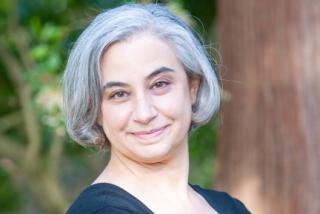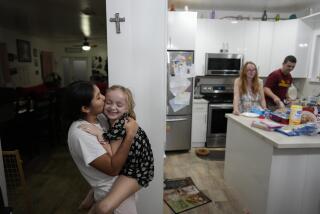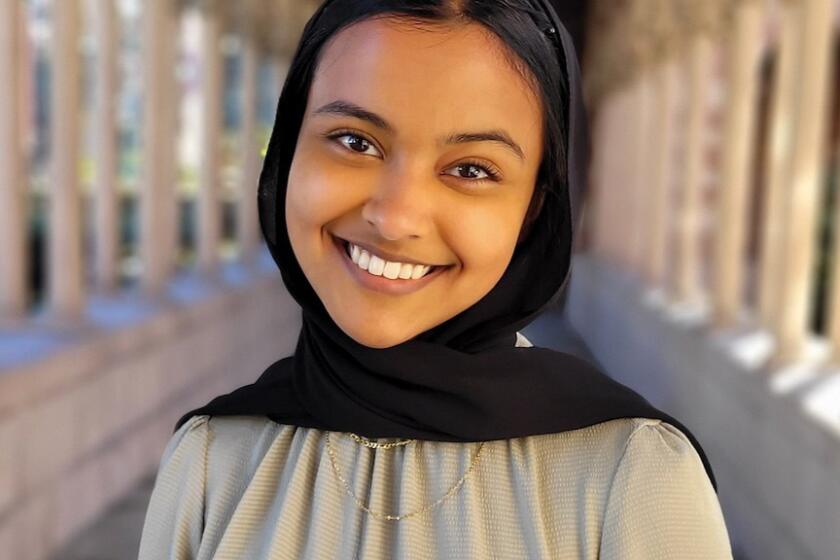International adoptions’ shift to special-needs kids tests adopters
When Missy Belote and her husband first decided to adopt, they sought a healthy baby girl from China. They didn’t think they could handle a child with special needs.
But after raising an adopted boy from Vietnam and a girl from Ethiopia who suffered childhood ailments — crossed eyes, breathing problems, a stomach hernia — the couple changed their minds.
The Belotes’ youngest child joined them in Tennessee in December, a tiny boy from China with a cleft lip and palate. Missy is thrilled to parent “a fabulous kid.” And if they were still pursuing a “healthy” baby, she said, they’d still be waiting.
As countries have clamped down on international adoptions — some alarmed by reports of parental coercion and kidnapping — older children with special needs make up a growing share of those who find homes across borders, according to a new report from the Donaldson Adoption Institute. The shift has created challenges for adoptive parents that the system has yet to adjust to, researchers at the nonprofit think tank found.
“The world of international adoption is radically different than people realize,” said institute President Adam Pertman. “They think they’re getting little girls from China,” not older children with more challenging needs.
“That doesn’t mean these kids don’t deserve homes or that people can’t handle it,” Pertman added. “But they need support.”
In an online survey of more than 1,000 parents, nearly half said their most recently adopted child has or had special needs, including physical, mental or emotional challenges. Fewer than a quarter had sought a child with such needs; many were diagnosed after they were adopted.
Researchers cautioned that those percentages may be artificially high because parents of children with special needs may have been more interested in participating in the survey. However, the number of such adoptions appears to have surged as many countries try to find more homes for children within their borders.
In China, for instance, “it seems that domestic adoption has grown more popular,” said Peter Selman, a visiting fellow at England’s Newcastle University. “And those domestic adopters want to have the babies.”
As a result, foreign families are increasingly likely to be adopting older children with added needs. In 2005, 9% of children adopted from China had special needs; by 2009 the number had jumped to 49%, according to figures provided by Selman.
Karen and Doug Yingling of Orange County have adopted three girls from China, including one diagnosed as mentally delayed and one who had suffered severe burns. The Yinglings had help with their medical needs, Karen said, but were taken aback by the depth of their daughters’ emotional trauma.
Telling one of her girls, ‘“You can’t wear that shirt,’ could send her into a three-hour rage,” Karen said. She considers herself lucky to have had supportive friends, because as an adoptive parent, “If you say, ‘I need help,’ many people go, ‘You asked for this.’”
More than half of parents who needed extra help said they had to seek out services on their own, the survey found. The institute recommended that adoptive families be given more support when raising children with special needs, calling recent reports about desperate parents “re-homing” their adopted children “a cautionary tale” about the risks of leaving families adrift.
“We can’t just place the child and be done,” said Spring Hecht, vice president of social services for the World Assn. for Children and Parents, an adoption agency based in Washington state. Hecht said her organization had helped some families years after adoptions.
More to Read
Start your day right
Sign up for Essential California for news, features and recommendations from the L.A. Times and beyond in your inbox six days a week.
You may occasionally receive promotional content from the Los Angeles Times.







